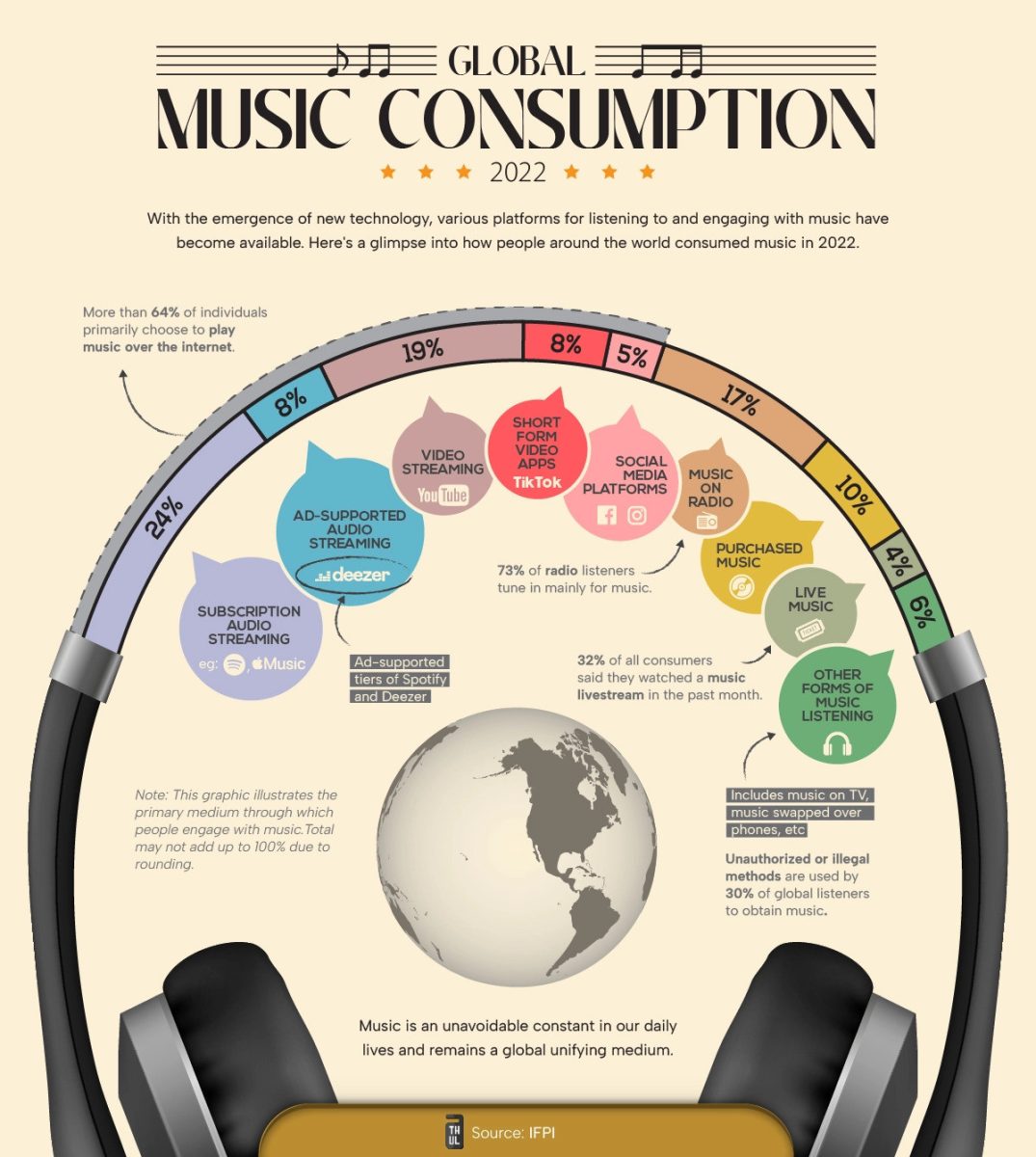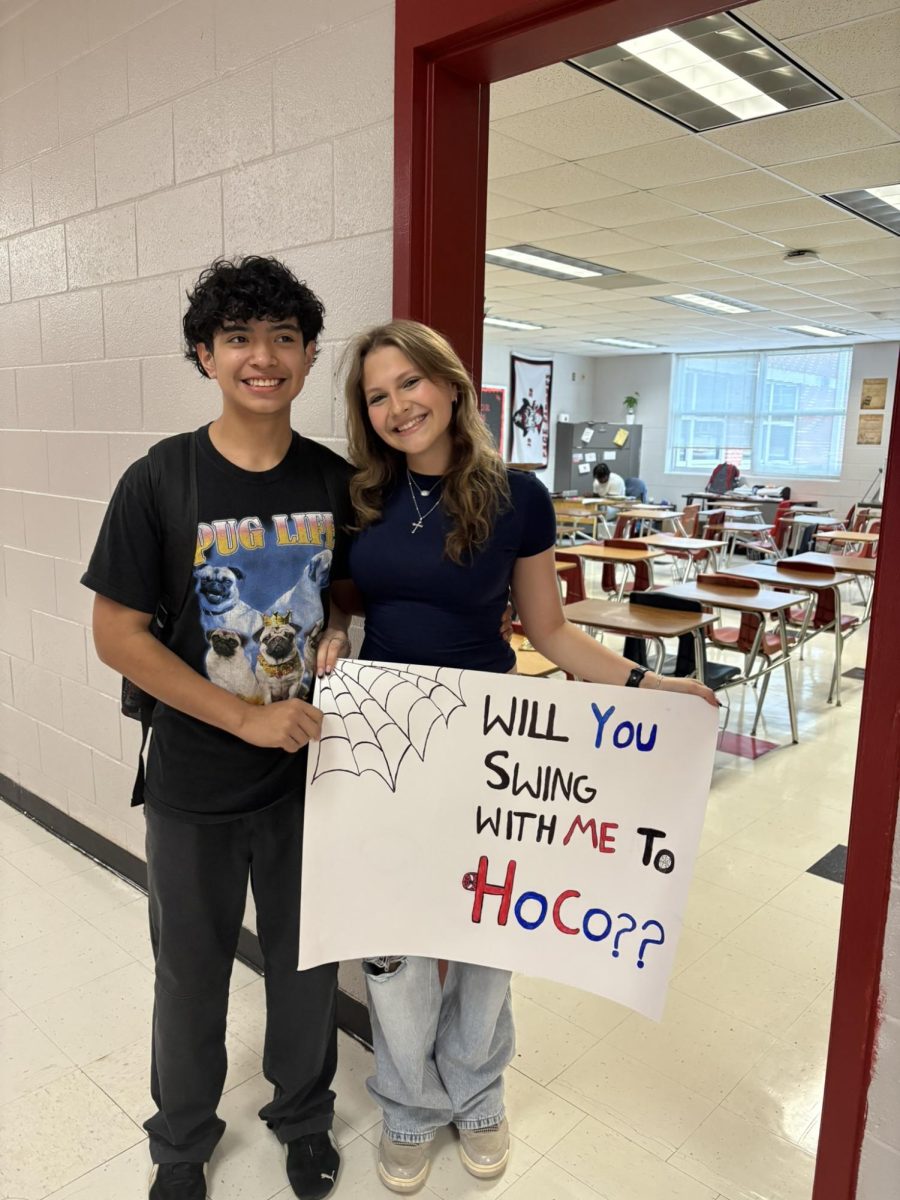Music is an important element in the world of media, shaping emotional responses, enhancing narratives, and amplifying the overall impact of any visual or auditory experience. Whether it’s in movies, shows, advertisements, video games, or social media content, music has the power to transform how people view a story and how deeply they connect with it. The relationship between music and media is both profound and multifaceted, bridging the gap between sensory experience and emotional understanding.
Setting the Scene
From the ominous soundtracks of thrillers to the uplifting scores of romantic comedies, music signals to the audience what kind of emotional journey they are about to embark on. In film, for instance, composers like John Williams and Hans Zimmer have crafted iconic soundtracks that become inseparable from the movies they accompany. Think of the soaring orchestral score of Star Wars or the intense music of Inception, each piece of music adds a unique layer of emotion that dialogue or action alone cannot convey.
In television, music plays a similar role. Shows like Stranger Things or Twin Peaks rely heavily on music to enhance the atmospheric tone of their worlds. In these cases, the music isn’t just background noise; it is an active participant in shaping the audience’s emotional state. Whether it’s a haunting melody or a dramatic orchestral swell, the soundtrack of a TV show often tells us what we should be feeling before the visual elements even have the chance to.
A Spiritual Experience
If you’ve ever been to church or a concert, you may have experienced frisson. It’s a phenomenon where your body gets chills due to a psychological response to music. Most church-goers describe this feeling as the “holy spirit” or a force of music. This physical response comes from an emotional connection. Music is a constant across many different cultures, the reason for this global trend can be chalked up to the spiritual and human connection that comes from listening to music.
Building Atmosphere and Universes
Music doesn’t just enhance emotions, it plays a vital role in world-building, helping to create distinct atmospheres for different settings and genres. The role of a soundtrack in establishing the world of a film or television show cannot be overstated. In fantasy or science fiction media, music is a key part of transporting audiences into another universe. Think of the sweeping soundtracks of The Lord of the Rings or the electronic music in Blade Runner. Each piece of music is deeply intertwined with the world it represents, reflecting the culture, tone, and unique qualities of the fictional universe.
Another way music enhances media is by guiding audience engagement. Music cues help control pacing and build anticipation, providing subtle hints to the audience about what’s coming next. Whether it’s a suspenseful build-up leading to a dramatic reveal or a soft, gentle melody that primes us for an emotional resolution, music is an expert in managing the rhythm of storytelling. It has the power to keep the audience on the edge of their seats or to provide them with a sense of comfort and release.
In video games, music often serves to heighten suspense, responding to the player’s actions and guiding them through various challenges. A sudden change in the background score can signal a new level of difficulty, an approaching boss fight, or even a moment of triumph, and most often dread and unsettling feelings in horror genres. These shifts in music not only help create an immersive experience but also ensure the player remains fully engaged in the game’s world.
All-in-all, music is an essential component that enhances the effectiveness and richness of media. Its ability to set the tone, amplify emotions, build atmosphere, and guide audience engagement makes it a powerful tool in storytelling. Whether it’s the spine-tingling soundtrack of a horror movie or the uplifting theme song of a feel-good TV show, music shapes the experience of the media people consume, allowing us to feel more connected and involved with the story. As technology continues to evolve, so too will how music is used in media, but one thing is certain: music will always remain a cornerstone in the art of storytelling.










